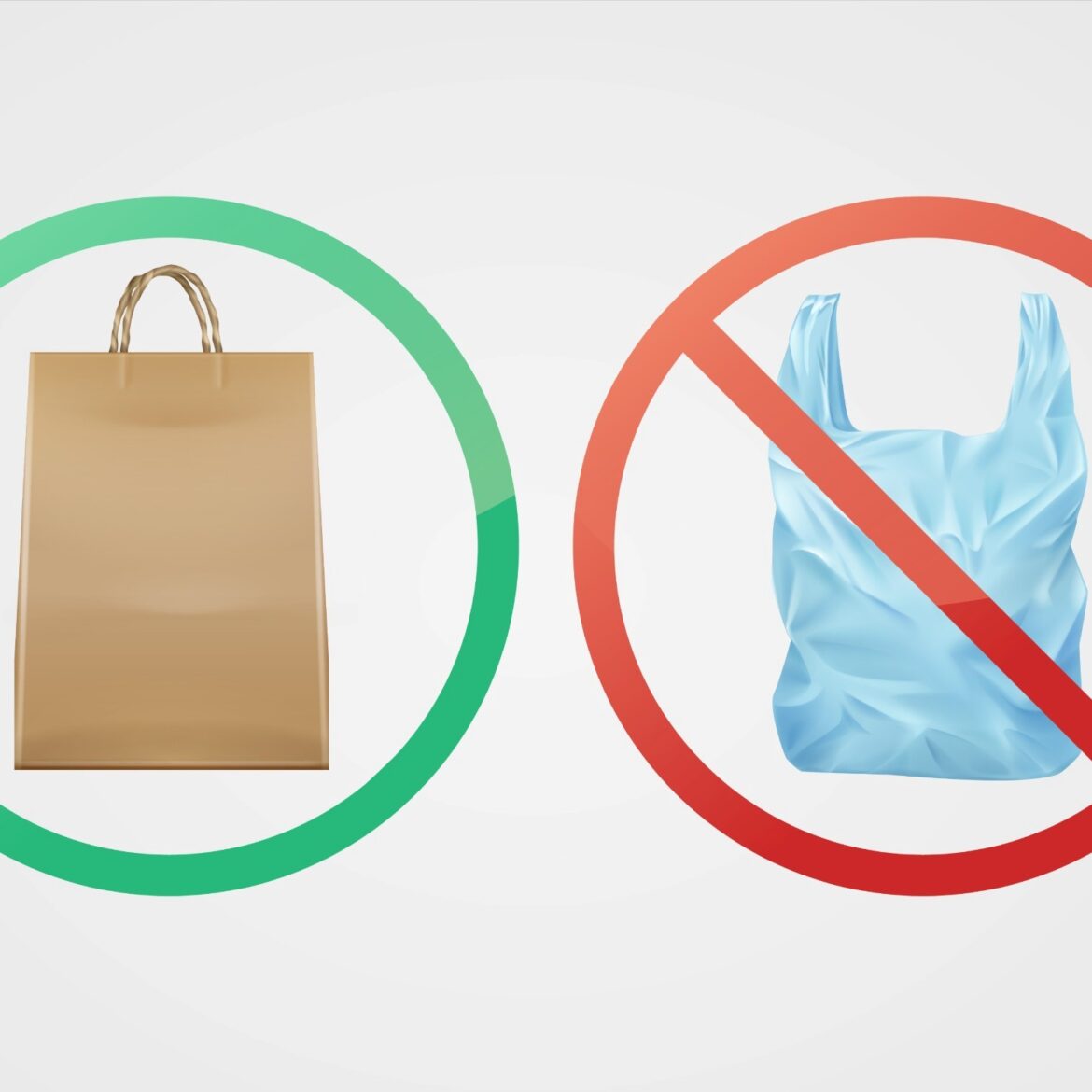Bangladesh’s government has moved to stop single-use plastics inside the main government complex, a change that aims to cut waste and encourage reusable alternatives. The ban applies to items like plastic bags, bottles, cups, plates and spoons, and people who bring these items inside will be asked to leave them at the gate or accept paper bags provided as a friendly substitute. Security staff will check bags at the entry points and clear signs and awareness boards are already placed to guide visitors and staff. The change follows instructions from the central cabinet office asking every ministry to stop using single-use plastics in offices, meetings and events. Each ministry will name a focal person and form a small monitoring team to make sure the rule is followed and to help staff find better choices. The government also wants its buying rules to favour jute, cloth and other reusable products so that reusable bags and eco-friendly food packages are ordered instead of disposable items. For meetings and seminars, organisers will switch to paper or other eco-friendly packaging and stop offering single-use plastic cutlery. The move is meant to protect the environment and public health, and it can also save money over time by cutting the flow of throwaway items. Staff and visitors are being asked to help by bringing reusable bottles, mugs and bags and by choosing products that can be used again. Local suppliers and small businesses may find new chances to offer cloth bags, jute products and other green items to meet the demand. The new rules also help set an example that could spread to other offices, schools and businesses in towns and cities. Officials say the plan is practical and will be kept simple, with paper bags available at gates and clear advice for event planners. People who rely on single-use plastics for convenience will have time to adapt, and teams in each ministry will answer questions and offer support as the change becomes routine. The policy is not designed to punish but to guide, and it aims to build cleaner workplace habits while showing how small changes can add up to real benefits for rivers, parks and neighbourhoods. By choosing reusable items and better packaging, the government hopes to reduce litter, protect soil and water, and inspire others to make greener choices. The plan asks for cooperation, and officials say officials and visitors who work together can make the change easy and lasting, improving health and keeping public spaces neater for everyone. Community groups and volunteers are being invited to take part, and training sessions will show how to reuse items, reduce waste and keep shared spaces tidy, helping to make the new approach successful across the whole city.
Bangladesh Secretariat Bans Single-Use Plastics to Cut Waste and Promote Reusables
34


